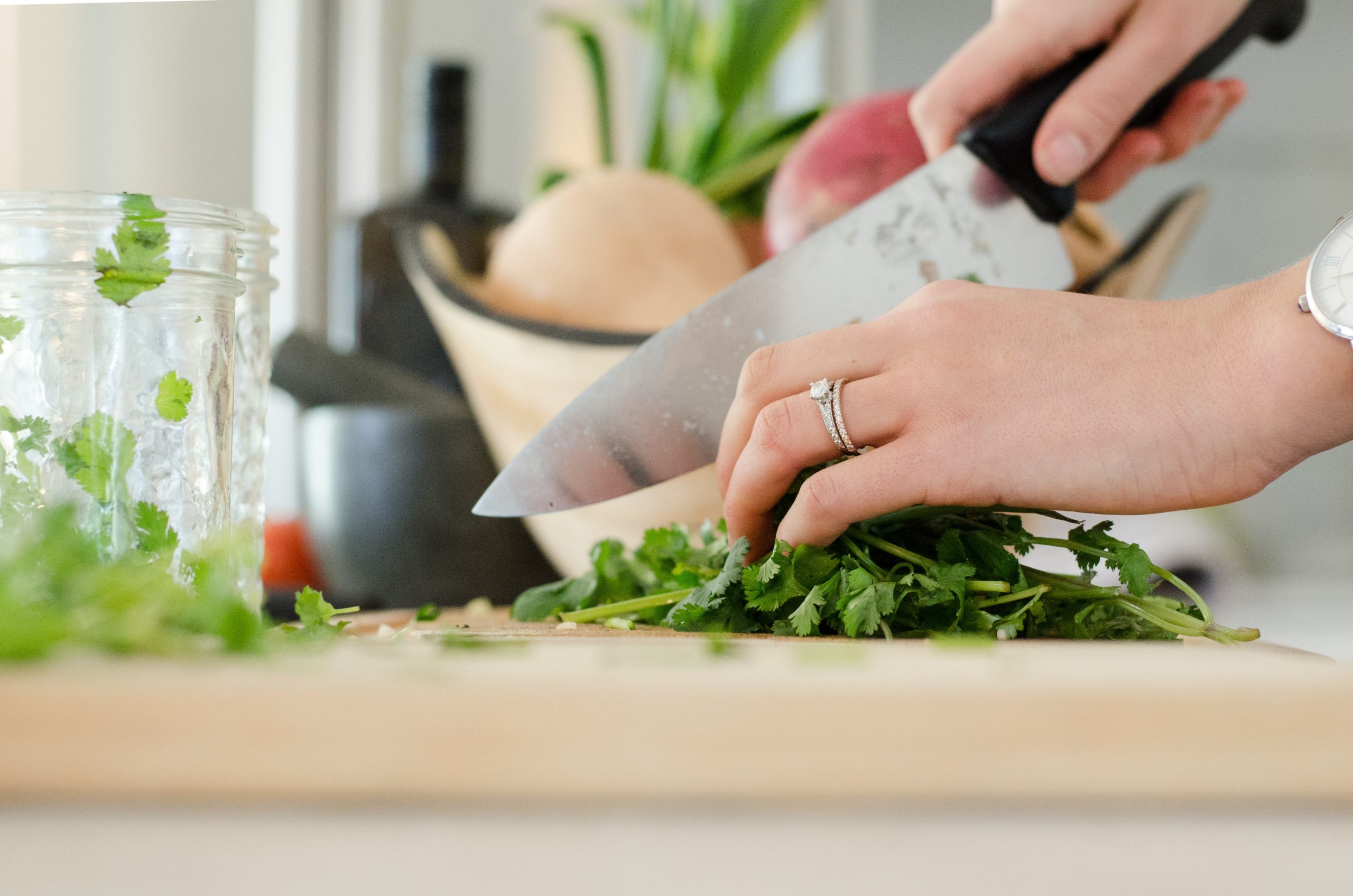Is cooking just an everyday occurrence for you, maybe even a grind? Would it surprise you to learn that cooking is and can be not only one of the most essential activities of your day, but one of the most rewarding, even stimulating?
Let’s take a look at that.
Many people have learned fresh, new creative strategies from their experiences in the kitchen that they then turn over to other areas of their life, both professional and personal. Turning a cooking failure into a success, for example, is one valuable skill, and learning from one’s mistakes is another.
Lizeth Aranda with Harvard Business Publishing Corporate Learnings has found that her experiences in the kitchen have increased her leadership abilities in business. And, by trying new ingredients and inventive ways of creating meals, she has found fresh approaches to problem-solving. As she writes:
I invite you to put on an apron and dare to try new aromas and textures—sweet, bitter, salty—to create your own recipes and practice until you master them. Hopefully, there will be few rocks and a lot of sweet rewards in your learning journey. How have you applied the skills you’ve learned from your hobbies to your leadership approach?
Consider too the great reward of enjoying family time together while cooking. Sharing a recipe together in the time of preparation can be a great bonding and teaching experience. Choose something simple, like a smoothie, so that all can join in and create success together.
Even if you are eating alone, whatever the meal, cooking requires great mindfulness, staying in the moment, and preparing for the future (the meal). In its own way, cooking can be very therapeutic.
For instance, many have found that, when accustomed to eating out alone to avoid cooking, things changed once they began cooking at home for themselves. They found their self-esteem mounted. And, as they experimented and tried new things, new ideas in the kitchen, their self-confidence grew, increasing their emotional well-being, transferring over to other areas of their lives. A stronger sense of individuality was also a positive result of their cooking experiences.
Studies have shown that cooking daily meals not only fosters this mindfulness and creativity, it also boosts self-esteem, independence, happiness, and fulfillment. It satisfies a need to provide for these daily essentials in one’s own life, as well as in the lives of others. These qualities enrich creativity in all areas of life. Cooking has also been shown to ease anxiety and depression, as well as other mental disorders.
Perhaps best of all, cooking brings people together, building more meaningful bonds. It calms and soothes the mind, and can bring a busy day to a satisfying conclusion, while also jumpstarting the one that follows.
That’s true, even in monasteries. It has been said that the only tasks more important to a Zen monk than meditating are cooking and cleaning. Now we see why. It’s the Zen of that.




